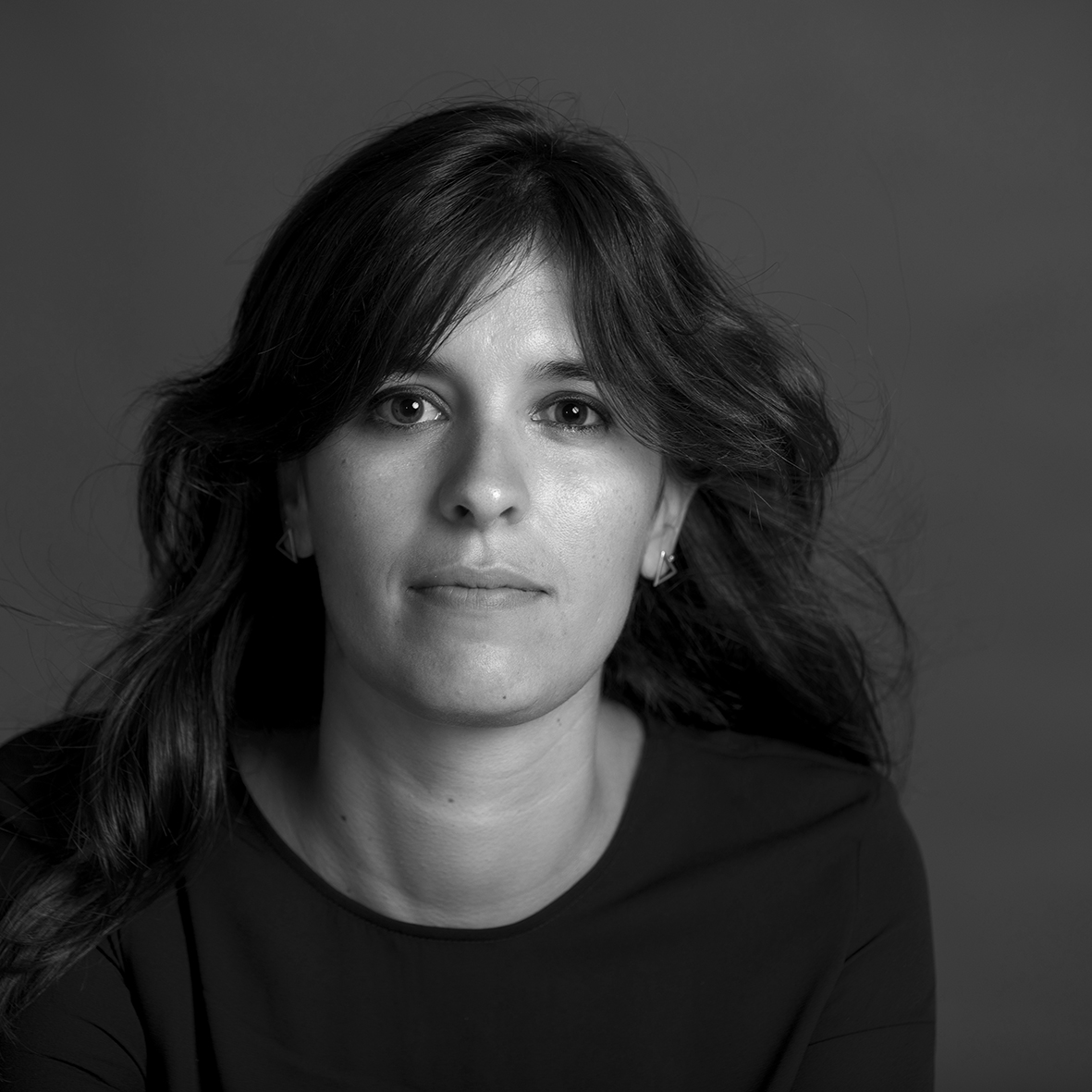María Novas Ferradás is currently completing her Ph.D. in History of Architecture and Architectural Theory at Universidad de Sevilla focusing on the history of women’s organizations shaping Dutch post-war housing design (forthcoming, fall 2023). She graduated as architect at the Universidade da Coruña in Galicia, Spain, and holds master’s degrees in Applied Research in Feminist Studies (UJI) and Urban Regeneration (USC). Novas has experience in publishing and editing articles and books that explore how feminist movements have influenced architecture and urban design. Her work has been published in peer-reviewed academic journals such as The Journal of Architecture, Planning Perspectives and Cidades, Comunidades e Territórios. As a collaborative effort, she has co-edited the volumes Teaching Design for Values: Concepts, Tools & Practices (TU Delft Open, 2022), Gestión feminista del Hábitat: reflexiones desde la piel doméstica al desafío de la existencia (Centro de Investigación y Estudios sobre Cultura y Sociedad CIECS, CONICET-UNC, 2022 and MORE: Expanding architecture from a gender-based perspective (DIDA Press, 2020). Regarding her work in The Netherlands, she has experience in teaching architectural history seminars and research courses at the TU Delft, and together with Lidewij Tummers, they have co-developed the project Cherchez la femme! (2021-2023). This projecthas been supported by the National Collection of Dutch Architecture and Urban Planning and funded by the Creative Industries Fund NL (Grant Programme for Architecture), and the results have been recently released in the volume Women in Architecture: Documents and Histories (nai010 publishers, 2023), presented during the Rotterdam Architecture Month (June 2023). She has been an invited lecturer at both international universities and institutions in the UK (The University of Sheffield), Argentina (UBA, UNT, UNC), Brazil (UFBA), and Spain (US, UMA, URJC, UDC). Recently, her book based on her master thesis from 2014, Arquitectura y género: una introducción posible (Melusina, 2021), was shortlisted as a finalist at the 16th Spanish Architecture and Urbanism Biennial.
